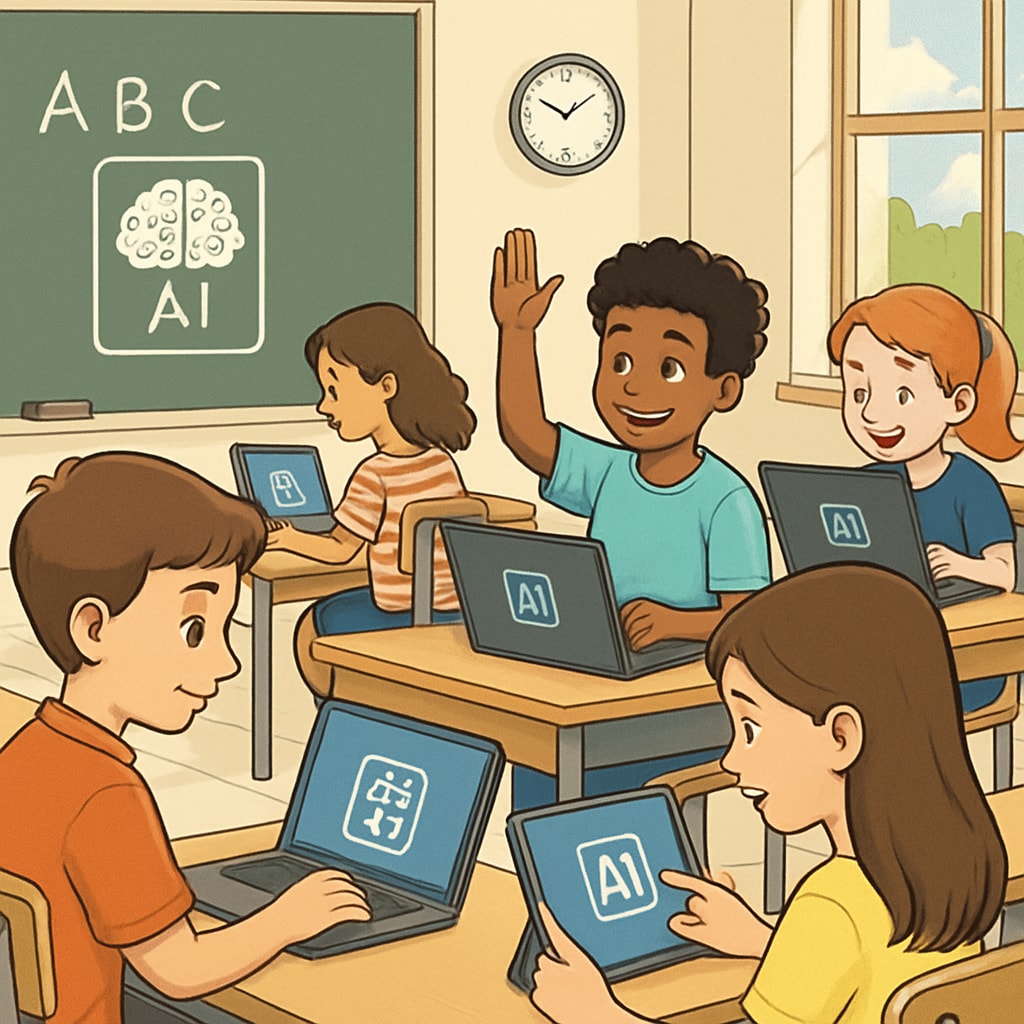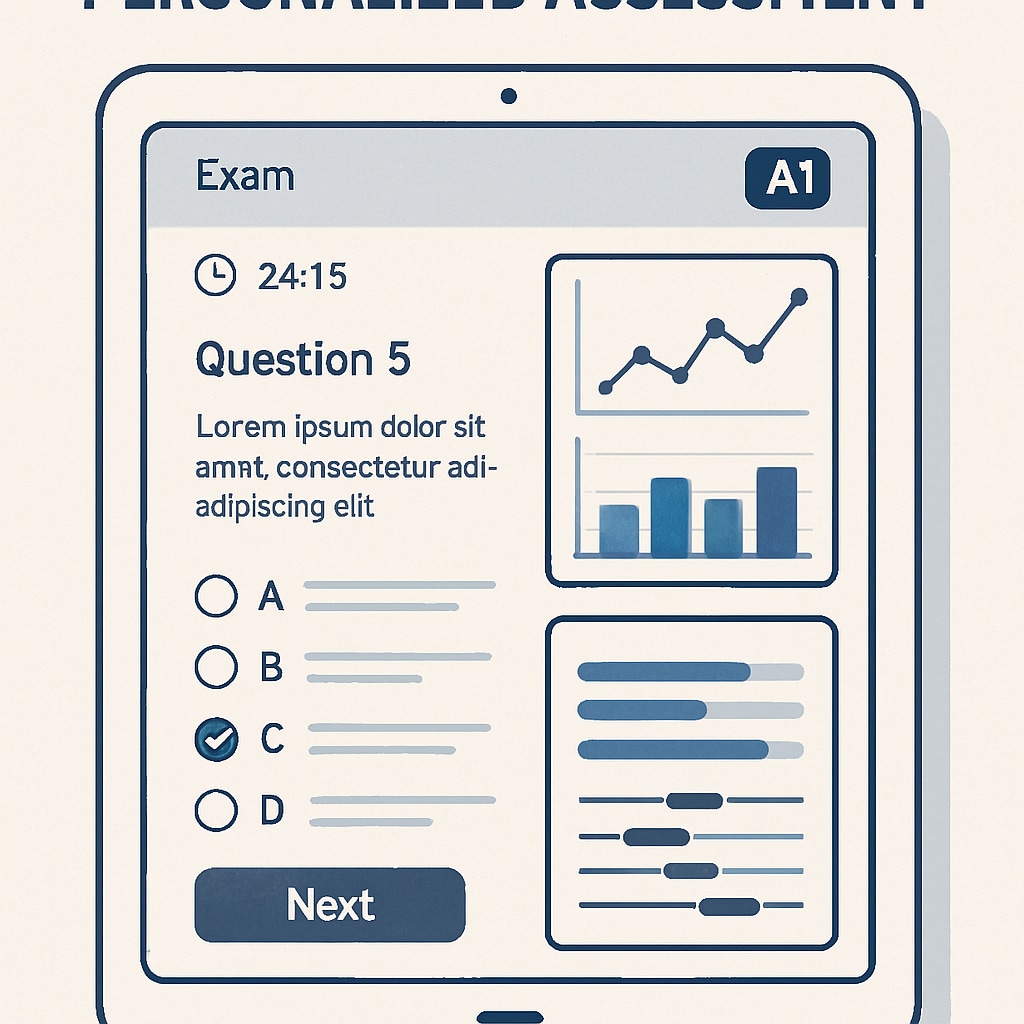Artificial intelligence (AI), competitive exams, and talent selection have long been integral to the education system. However, the rapid development of AI tools is fundamentally altering the landscape of K12 education, including how students are evaluated and selected for academic advancement. Traditional competitive exams, designed to measure knowledge and skills, are now facing unprecedented challenges in this new technological era. This article examines the need for reform in K12 assessment models and proposes strategies to ensure fairness and effectiveness in talent selection amidst the influence of AI.
The Impact of Artificial Intelligence on Traditional Exams
Artificial intelligence has introduced transformative changes in education, from personalized learning platforms to intelligent tutoring systems. However, its impact on competitive exams has been particularly disruptive. For example, AI-powered tools such as language models and problem-solving assistants can easily provide answers to standardized test questions, undermining the integrity of traditional assessments. As a result, the reliability of exams as a metric for talent selection is increasingly being called into question.
Moreover, the accessibility of AI tools has created disparities among students. Those with access to advanced AI resources may gain an unfair advantage, while others may be left behind. This raises concerns about equity in education and highlights the urgent need to redesign assessment systems to account for the influence of AI.

Reimagining Talent Selection in the AI Era
To address these challenges, educators and policymakers must rethink how talent is identified and nurtured. One possible solution is to shift from knowledge-based testing to competency-based assessments. Competency-based models evaluate a student’s ability to apply knowledge in real-world scenarios, emphasizing critical thinking, creativity, and problem-solving skills. These attributes are less susceptible to manipulation by AI tools and more reflective of a student’s true capabilities.
- Project-Based Learning: Encourage students to complete projects or tasks that require collaboration, innovation, and hands-on experience.
- Adaptive Testing: Use AI to create dynamic exams tailored to individual learning levels, ensuring a more personalized and accurate assessment.
- Portfolio Evaluations: Assess students based on a collection of their work, including essays, presentations, and creative projects.
These strategies can help create a more equitable and holistic approach to talent selection while leveraging AI as a tool for progress rather than a challenge.

Ensuring Fairness in a Technology-Driven World
Fairness remains a critical concern in the reform of competitive exams. As AI continues to evolve, educational institutions must implement safeguards to prevent misuse and ensure equal access to technology for all students. Transparency in assessment criteria, along with robust anti-cheating measures, will be essential to maintaining the integrity of the evaluation process.
Additionally, investing in teacher training and AI literacy programs can empower educators to better understand and mitigate the impact of AI on student performance. This holistic approach will ensure that both students and educators are prepared to navigate the new challenges posed by artificial intelligence in education.
In conclusion, artificial intelligence has undoubtedly reshaped the education landscape, presenting both opportunities and challenges. By embracing innovative assessment methods and prioritizing fairness, educators can create a competitive exam system that is not only resilient to AI disruptions but also more reflective of 21st-century skills. The future of K12 education depends on our ability to adapt and innovate in the face of these technological advancements.
Readability guidance: This article uses short paragraphs, lists for key points, and a balanced mix of active and passive voice. Transition words are included to enhance flow and comprehension.


